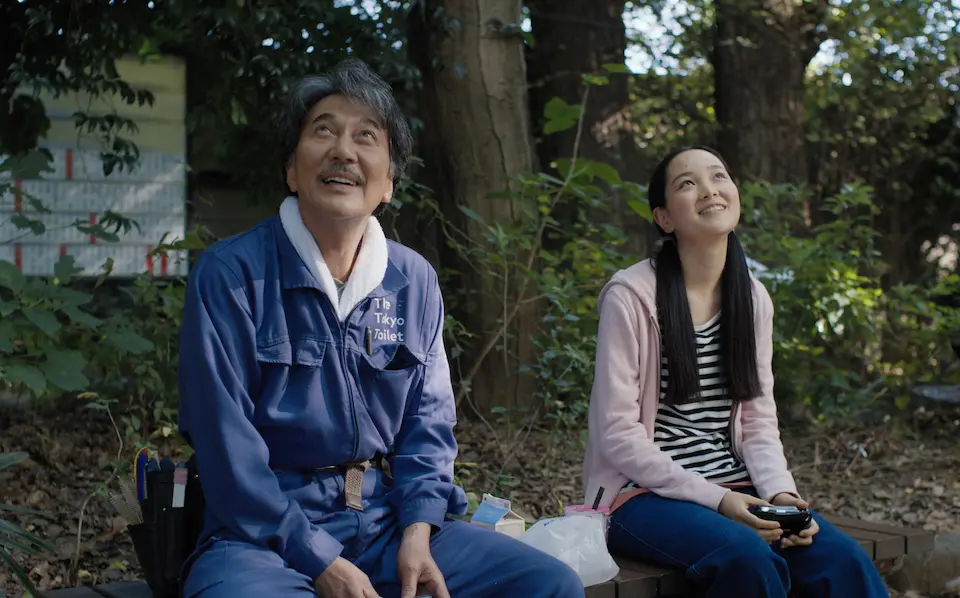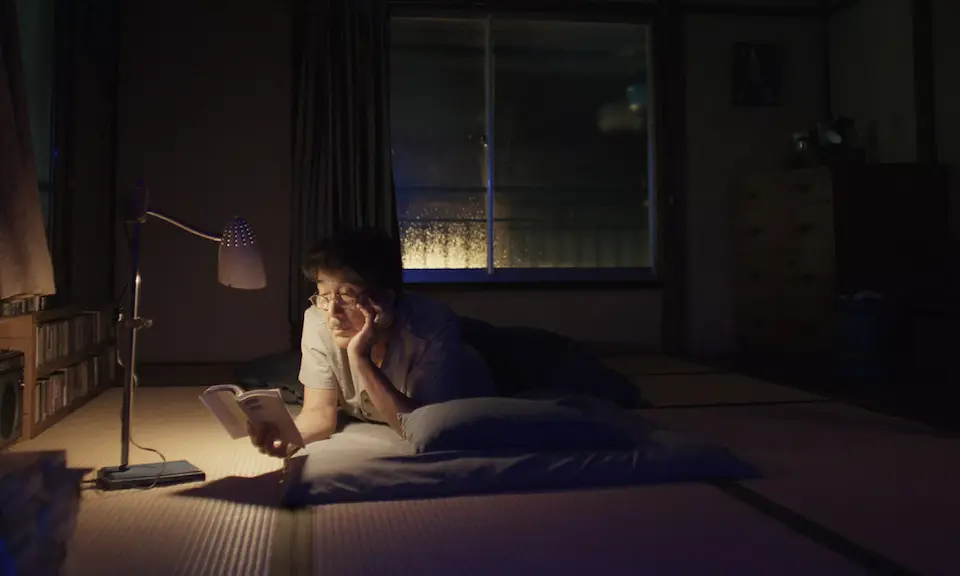“Perfect Days” by Wim Wenders
German filmmaker Wim Wenders brings us a beautiful film about happiness and gratitude that no one should miss.

Summary
Perfect Days follows the very structured routine of Hirayama, a quiet toilet cleaner in Tokyo. His commitment to his job, his hobbies and passions, and his interactions with people are explored as we get to know who this man is.
A Slow and Peaceful Journey
We’re living at a time when entertainment, like many other things, is created to be fast and easy to digest. Our attention span is getting shorter by the day, and a large part of consumers have no patience to watch something that is not speedy and offers constant stimulus. That is why films like Perfect Days are such refreshing things to find.
The movie takes its time to establish the daily routine of the protagonist. Every day he wakes up, tidies up his room, checks his plants, completes some other small chores, and then he is off to work.
It’s clear that Hirayama takes great pride in his job, which can be observed in his minute attention to detail. He performs his daily cleanings with a high level of dedication, as if they were the most important tasks in the world.
He takes his lunch break at the same time, and in the same spot in the park. After work, he gets a drink at the same place and goes back home to read books until it’s time to go to bed.
Perfect Days follows the main character through this routine, and all the small things that cause variations on it: the messiness of a coworker and his girlfriend, meetings with different people who use the bathrooms, a man with a sad medical diagnosis, or the visit of a niece. With every passing day, we learn a little more about this man.

Though a person of few words, Hirayama is generous and caring, always willing to offer help. It’s suggested that he has a complicated relationship with his family, which I would have liked to know more about, and that he experiences difficulties creating connections with people.
Kōji Yakusho’s portrayal of Hirayama is really moving. As I said, the character is never eager to start conversations, so the actor had to communicate a lot with his face and body language. His performance manages to transmit calm and a quiet sense of happiness.
Finding Beauty in the Small Things
While cleaning toilets may not be considered a very fulfilling career, his job leaves Hirayama enough time to dedicate to his passion for literature and music, and to his connection to plants and nature.
Our protagonist picks a different cassette each day to listen to on his way to work. Songs from artists such as The Rolling Stones, Lou Red, or Nina Simone become his companions while he drives across the city, from toilet to toilet, creating quite an original soundtrack.
He also chooses to take his lunch break in the park so he can observe and take pictures of the many trees and sometimes collect some small sprouts to grow at home.
The film shows all these things in a contemplative way, in what I feel is a gentle admonishment to us, the audience, to do so as well. We’re called out to reflect on one thing: that maybe, in spite of what we’ve been told, happiness does not come from a huge success or from other people’s validation; but from a mind that feels at peace and is capable of finding beauty and meaning in the small things. No matter what, Hirayama gets out of his house every day sporting a smile, grateful to enjoy another day.
I’m aware that people who are used to watching more commercial films may find Perfect Days boring and even pointless, but the truth is that it has a lot to offer. I certainly recommend it.



